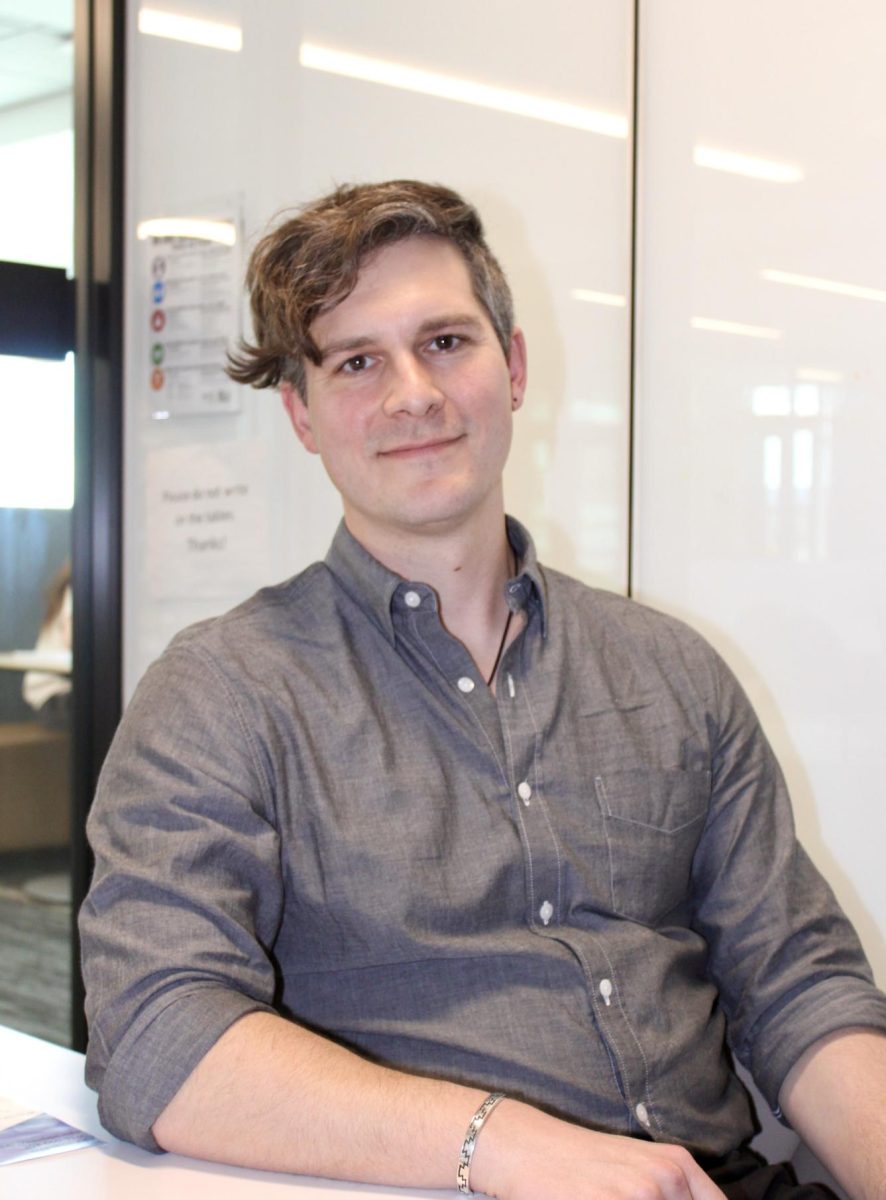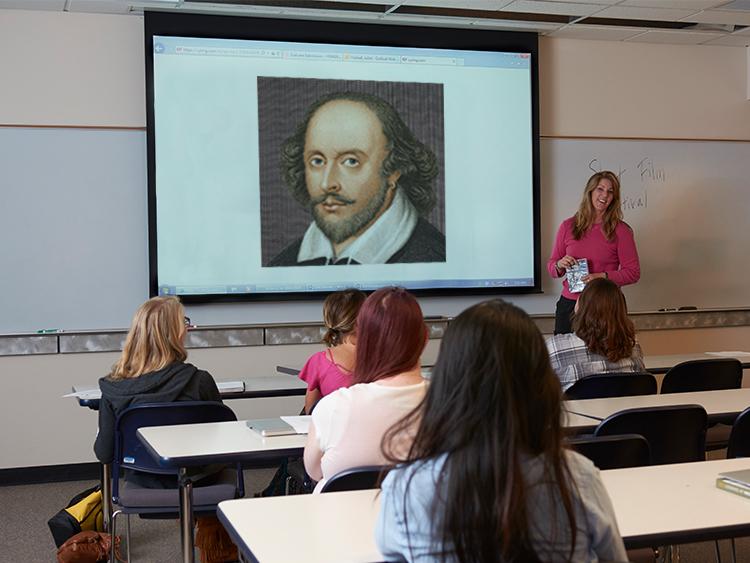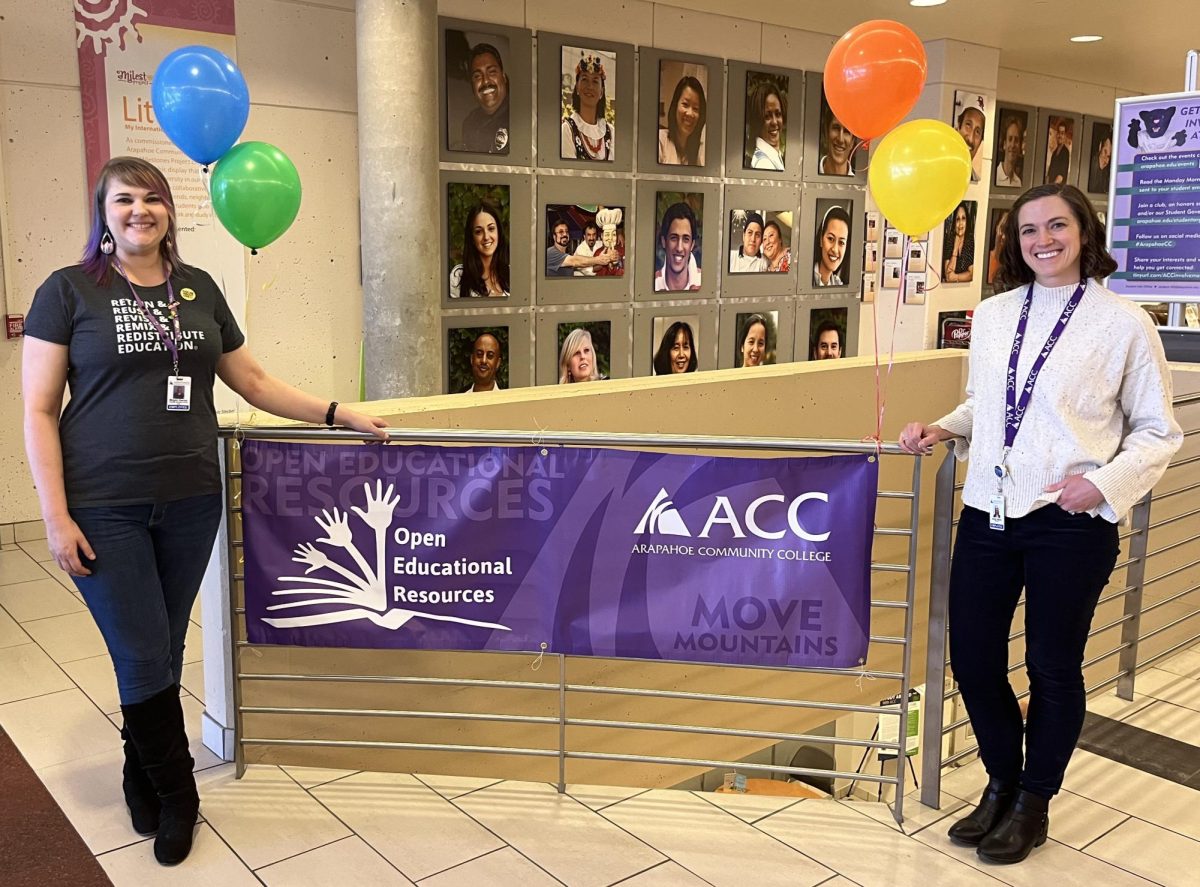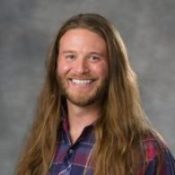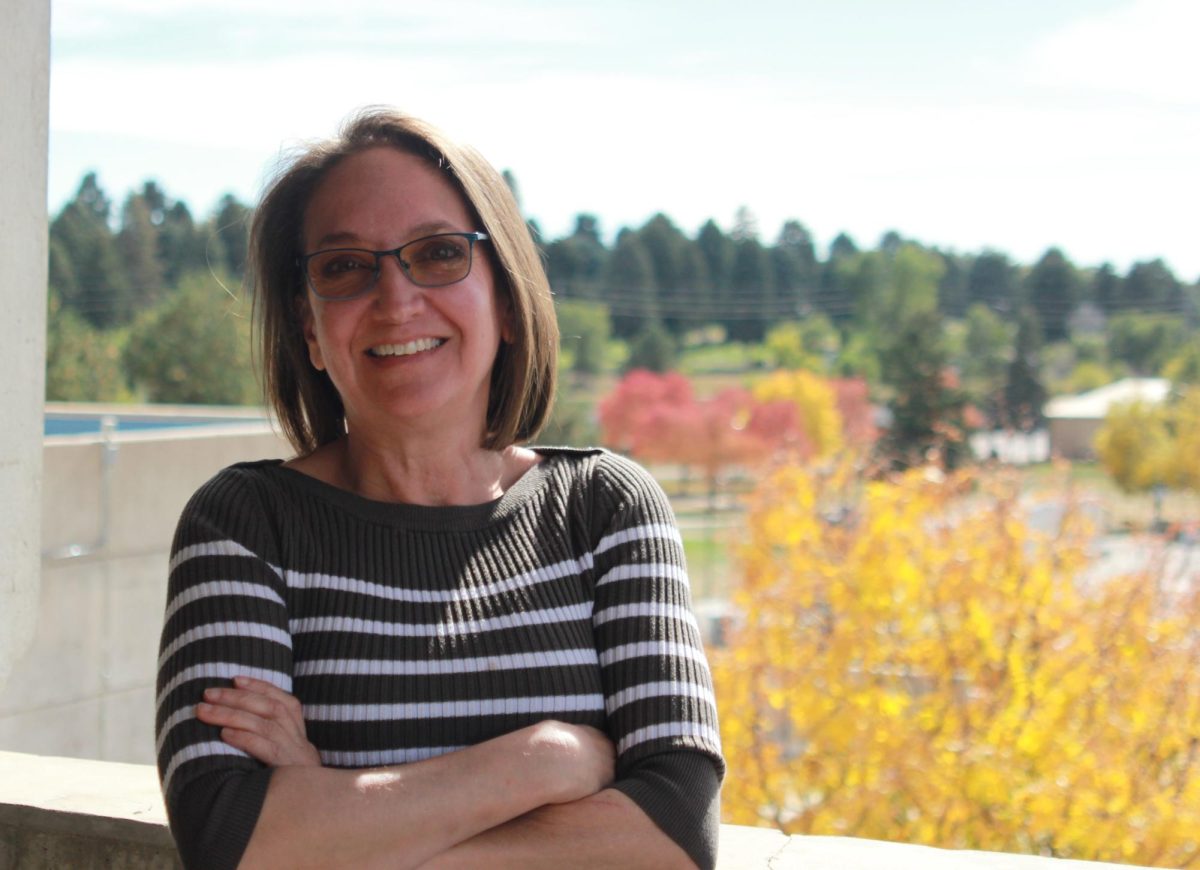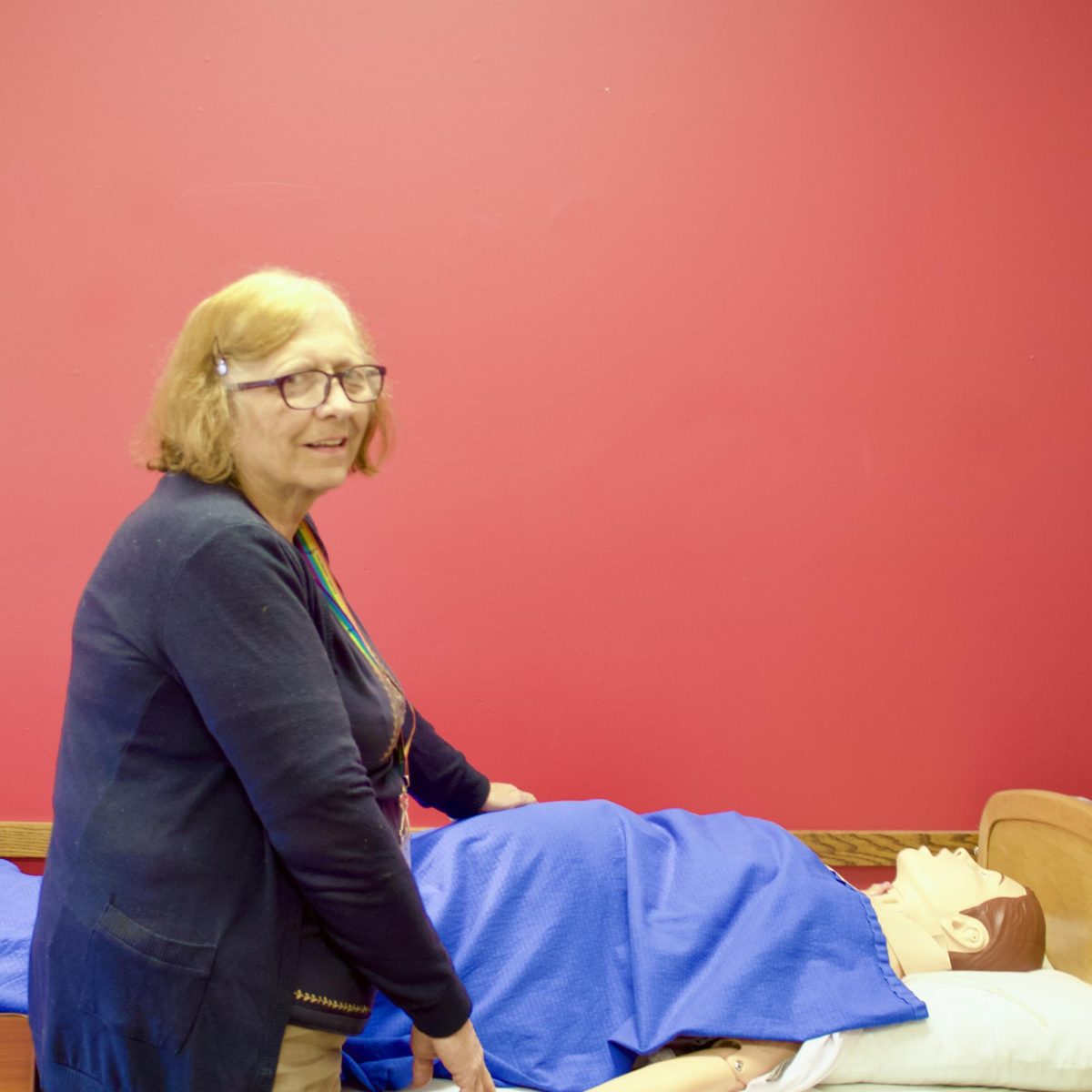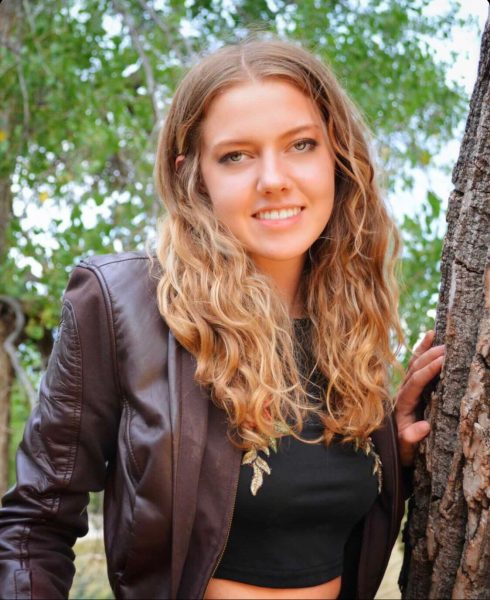After an endless trek through unlit pathways, suffocated by unrelenting heat and the screams of tortured souls, Jackson Culpepper had reached sanctuary — a frigid room consumed by blinding light and the moralizing of Jesus. His journey through the Hell House was over.
For church-goers in the South, this labyrinthine simulation of Heaven and Hell is a favored replacement for haunted houses during Halloween. Having grown up in a small town in Southern Georgia, Culpepper, a published author and an adjunct professor at Arapahoe Community College, is no stranger to Hell Houses and other Southern traditions that might perplex the average Coloradan.
As a lover of horror, Culpepper’s experiences with Hell Houses, “plus playing a bunch of ‘Silent Hill,” inspired a story in his debut short story collection “Songs on the Water.”
The story collection, released on Oct. 24, 2023, is a Southern Gothic book that explores what it’s like to feel like an outsider in the South. Each story follows people from various Southern backgrounds who wrestle with their identities and finding a sense of belonging, a reflection of Culpepper’s own upbringing in the region.
“I felt like growing up in the South, there was a particular kind of person you were supposed to be,” Culpepper said. “I was uncomfortable with the mold that they wanted to put me in of a certain kind of masculinity.”
Culpepper was a reader, hauling around a leather-bound Edgar Allan Poe collection in the fifth grade. At a young age, he developed a love for “The Lord of the Rings” and “Dungeons & Dragons,” which ultimately became a form of escapism for him. His interests allowed him to maintain control of his identity in an environment where it was undervalued.
He and his friends would “buy swords and pretend that [they]’re somewhere else.”
Since “bookish people” weren’t really accepted in the South, becoming a writer wasn’t on Culpepper’s radar until his senior year at the University of Tennessee when one of his professors told him he could just get his master’s degree and become a writer.
“[Her saying that] changed the whole trajectory of my life…so I keep that in mind, and I try to say similar things to my students,” he said. “I think before that I wanted to be an attorney and that never would have worked out.”
Culpepper began writing the first of his short stories included in “Songs on the Water” when he was obtaining his bachelor’s degree in English, rhetoric and composition. He continued his education at the University of South Carolina where the story collection served as his thesis for his Master of Fine Arts in Creative Writing.
After graduate school, Culpepper moved around a lot before making Colorado his home in 2017. His slight Southern drawl and distinctive jewelry showcases his history; he adorns himself with his mother’s turquoise ring from the ’70s and a Navajo bracelet he bought to celebrate the publication of his book.
He began teaching courses in the Composition, Creative Writing and Journalism department at Arapahoe Community College the same year he moved to Colorado. Monica Fuglei, a faculty member in the department and the college’s concurrent enrollment faculty chair, has known him for seven years.
“His students speak very highly of him,” Fuglei said. “They fight to get into his classes, and I think that says something about how good of a professor he is.”
The professor’s reputation precedes him, as the college awarded him All-College Instructor of the Year in 2022. He was also named “Most Valuable Professor” for the 2020 to 2021 school year by the Student Government Association.
Culpepper “gamifies” his courses by incorporating Dungeons & Dragons campaigns into his curriculum. According to Fuglei, this course structure creates a unique space for “students who might not connect with other courses,” providing them with a sense of belonging.
Culpepper is actively involved at the college — he is the advisor of the school’s jugger club and has participated in the Instructor Council, the Inclusive Excellence Committee and the Equity-Minded Teaching Academy. The latter is a semester-long introspective workshop that instructors and faculty members undergo to analyze the impact of the messages they were taught growing up on both themselves and their students.
Scott Guenthner, the department chair of the Creative Writing, Composition and Journalism department, worked with Culpepper in the Equity-Minded Teaching Academy. Guenthner has known him for five years and has observed his classes.
“He really goes out of his way to make sure everyone in his classroom is comfortable with him, comfortable with the course content, [and] comfortable with each other in the classroom as well,” Guenthner said. “I’ve always appreciated how reflective he is about how he grew up in the South and the messages that were taught to him…and how he has grown away from them in order to better serve students and find more of who he is as an individual.”
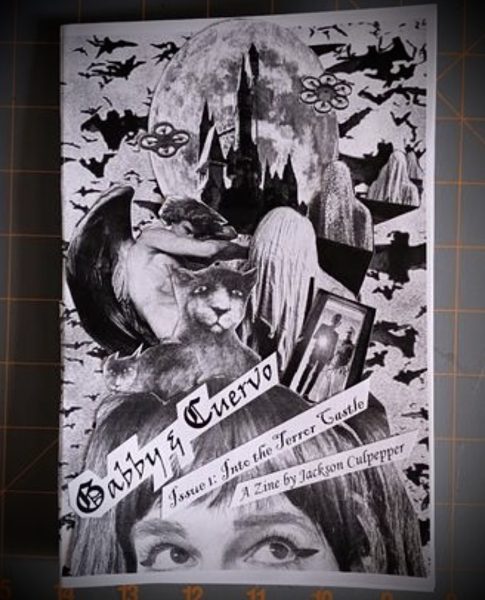
Image taken from Culpepper’s Instagram (@jcculpepper) showcasing the cover of his first zine in his new cyberpunk horror series titled “Gabby and Cuervo.”
Image via Jackson Culpepper
Culpepper is currently working on his first zine, a self-published print work comprised of texts and images. His zine will be the first of a cyberpunk horror series titled “Gabby & Cuervo.” He hopes to eventually assemble a compilation zine, better known as a “comp zine,” which features contributions from multiple authors to showcase a variety of perspectives and themes. Some of his proposed concepts include bioregionalism, Colorado ecology and climate change.
Culpepper explores bioregionalism in much of his work by illuminating the ways in which we are connected to the ecosystem. Many of his characters attempt to seek out the beauty of the land despite external pressure to adhere to societal norms that inhibit their freedom of expression. In spite of his struggle to find a sense of belonging, Culpepper will always have love for the region he was raised in.
“You take your identity from the bioregion that you’re in, and that means a lot to me,” Culpepper said.



